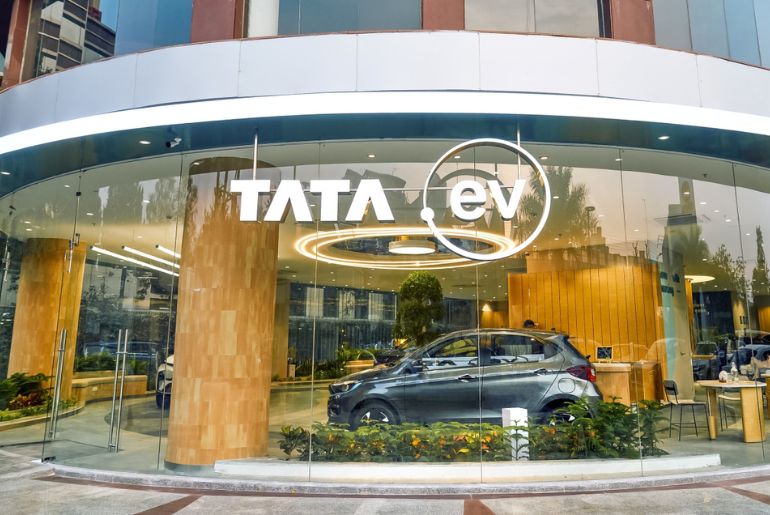By 2030, it is anticipated that 20% of all auto sales will be electric vehicles (EVs), with the passenger car market likely to adopt EVs the slowest. But by the end of the decade, Tata Motors, India’s top EV maker, intends EVs to account for 30% of its overall sales. Vivek Srivatsa, chief commercial officer of Tata Motors, told Business Standard on the fringes of recently concluded Bharat Mobility Global Expo 2025 that the company has a number of interesting EV models in the works and considers a contribution from EVs of less than 30% to be unsatisfactory.
With a 62% market share in the EV sector, the indigenous automaker has been the biggest seller of EVs in India thus far. The company sold 61,496 electric vehicles (EVs) in 2024, a 2% increase over 2023 EV sales. Nevertheless, MG Motor India sold 7,516 Windsor EVs in December 2024, outpacing Tata Motors, which sold 10,045 units during the October–December 2024 quarter.
The launch of the Maruti Suzuki e-Vitara and Hyundai Creta Electric would make competition for Tata Motors more fierce.
Additionally, Kia India intends to launch two new mass-market EVs in India by 2026. The Maruti Suzuki sales team is tasked with making the e-Vitara India’s best-selling EV by FY26 by leveraging its extensive dealer network and touchpoints, even though Hyundai India has already started taking reservations for the Creta electric. In order to serve the forthcoming e-Vitara electric, the business has already stated that it is getting ready to open more than 1,500 dealerships in more than 1,000 cities. In March, the same prices are anticipated to be revealed.

